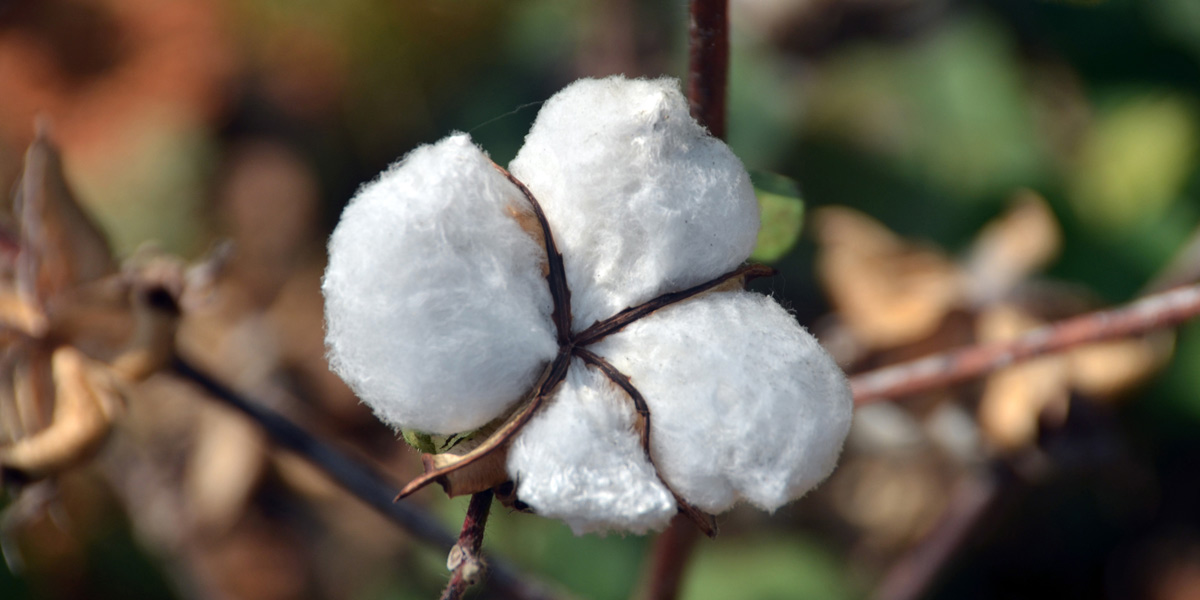
Media reports claiming the Supreme Court upheld validity of patent are false, says intervenor in the case
Media reports claiming that the Supreme Court of India has upheld the validity of Monsanto’s patent pertaining to Bt cotton in India are false, according to Dr Vandana Shiva and the Research Foundation for Science, Technology, & Ecology. Dr Shiva is director at the Foundation, which is an intervenor in the case.
On 8 January Bloomberg published an article claiming that the Supreme Court ruling had decided in favour of Monsanto. The article, “Bayer gets rare Monsanto reprieve with cotton seed ruling”, was subtitled, “India’s Supreme Court rules patent on Bt cotton remains valid”. Several other media outlets echoed the same theme.
But Dr Shiva told GMWatch, “This is totally false reporting of the Supreme Court order and the issue of patents on seed. The Supreme Court order upheld Article 3j of India’s Patent Law, which excludes seeds from patentability. It did not uphold a non-existent ‘patent on seed’ that Monsanto does not and cannot have in India.”
The Research Foundation for Science, Technology, & Ecology said in a press release that the Court had in fact directed that the issue of patentability will be determined by the Single Judge Bench of the High Court after hearing expert evidence.
Dr Shiva’s and the Foundation’s view of the court order is backed by Nuziveedu Seeds Ltd, to which Monsanto had supplied GM Bt cotton seeds under licence. Nuziveedu Seeds said that reports of the Supreme Court upholding the validity of Monsanto’s patent on Bt cotton seeds were wrong: “The Supreme Court felt that the issue of whether Monsanto’s patent is valid or not under the Patents Act would need to be determined by the Single Judge.”
Background
The latest case, Monsanto vs. Nuziveedu Seeds Ltd, reached the Supreme Court after a complex sequence of events.
First, Monsanto's claim to patents on Bt cotton seed was rejected by the patent office under Article 3j of the Patent Law. Only patents on DNA sequences survived.
Then the Single Judge Bench of the High Court heard a patent infringement suit filed by Monsanto against Nuziveedu. This did not involve discussions on Article 3j. In November 2016, a Single Judge Bench of the High Court restrained Nuziveedu from selling Bt cotton seeds using the trademarks of Monsanto or its Indian partner Mahyco Monsanto. However, a Division Bench of the Delhi High Court overturned this order. Citing Article 3j, it ruled that even DNA sequences are not patentable.
Monsanto appealed against the Division Bench ruling. It now claimed that the DNA was a chemical and that it should get a product patent on DNA sequences – which in effect would have struck down Article 3j.
The case was then referred to the Supreme Court, with the outcome described above.
Dr Shiva took up the story: “Now the Supreme Court has sent back the case to the Single Judge Bench for trial. So in no sense did the Supreme Court uphold a patent on seed. It merely made a procedural decision, not about patentability.”
Commenting on how several media operations got their facts on the case wrong, the Research Foundation for Science, Technology, & Ecology said, “The misreporting seems to have arisen as only a few operative sentences were read in the Court in the morning and the full text of the judgement was not available until the evening. Legal portals, in their hurry to break news, seem to have reported incorrectly on the matter without going through the text of the judgement.”
The new ruling
Paragraph 19 of the Supreme Court ruling said: “We have considered the respective submissions made on behalf of the parties. Though very elaborate submissions have been made with regard to facts and the technical processes involved in the patent in question, the provisions of the Act, the PPVFR Act and a large volume of case laws for construction of patents, the obligations under the World Trade Organisation (WTO), General Agreement on Tariffs and Trade (GATT), Trade-Related Aspects of Intellectual Property Rights (TRIPS) Agreement, leading to the Patents Amendment Act, 2002 on 25.06.2002, in view of nature of the order proposed to be passed, we do not consider it necessary to deal with the same at this stage, and leave open all questions of facts and law to be urged for consideration in appropriate proceedings.”
The Research Foundation for Science, Technology, & Ecology commented on the ruling: “On a technical procedural ground, the Supreme Court held that it was incorrect for the Division Bench to rule on patentability in an appeal from an interim order without expert evidence having been led before it as regards patentability. Consequently, setting aside the Division Bench judgement and restoring the Single Judge’s interim order, the Supreme Court has directed the Single Judge to determine all issues including the issue of patentability in a full trial.”
Sword hangs over Monsanto patent
Dr Shiva added, “In effect, the sword of India’s patent laws hangs large on Monsanto’s ‘patent’. As previously unknown facts have been disclosed before the Supreme Court during the hearing, it is difficult to see how Monsanto’s patent can survive in a full-fledged trial before the Single Judge.”
Dr Shiva continued, “This is yet another setback for Monsanto, after the Delhi High Court in another case recently allowed the Competition Commission of India to investigate further whether it was abusing its dominant position in the Seed Industry of India.
“India’s regional governments have also slapped the suppliers of Bt cotton seeds with fines running into hundreds of crores as their genetically modified seeds have spectacularly failed to have the stated effect.”









